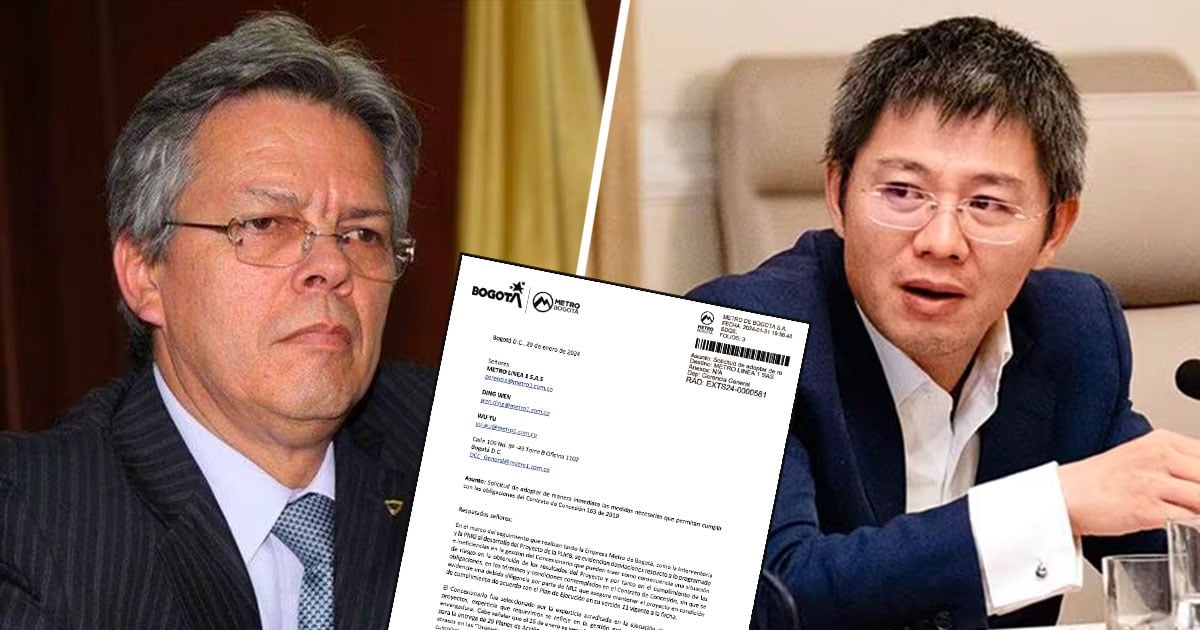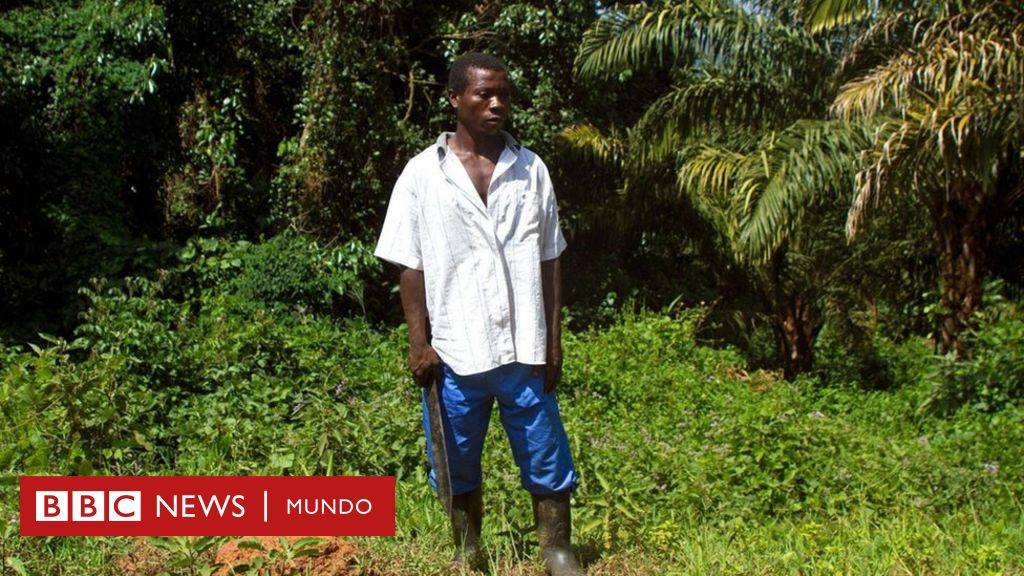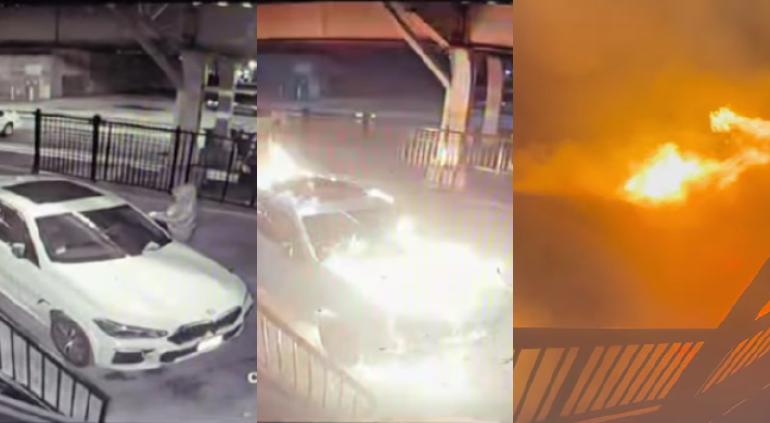La Jornada – Why Was Texas Crippled by a Power Outage?
New York. The cold wave that affected the southern United States has left more than 600,000 homes and businesses without electricity in Texas, the nation’s largest oil and gas producer.
How did the state fall into this crisis?
What is happening in Texas? –
The bitter cold, marked by polar temperatures and snowstorms, has caused an increase in electricity consumption in the southern states of the United States in recent days.
Texas, with a population of nearly 29 million, is facing the worst difficulties in meeting this explosion of demand.
Many natural gas, wind, or nuclear power plants that supply cities like Austin or Houston have suffered interruptions in operation due to these harsh conditions.
ERCOT, the company responsible for power distribution in Texas, declared a state of emergency overnight from Sunday to Monday and decided, as a precaution, to cut off some power supplies to avoid saturating the grid.
Some families had been without electricity for more than 48 hours when the thermometer dropped to rare marks.
The company said on Wednesday evening that it had restored electricity to about 1.6 million homes, adding that it was working “24 hours a day to restore electricity to the people of Texas.”
What was the political response? –
Texas Republican Gov. Greg Abbott criticized ERCOT’s handling of the crisis.
In a statement issued Tuesday, she said the company was “not trustworthy at all during the past 48 hours.”
“Much of Texas is deprived of electricity or heat as our state faces freezing temperatures and severe winter weather. This is unacceptable,” and he has already announced an investigation into ERCOT.
The Federal Authority in charge of electricity and natural gas prices also announced that it would analyze the causes of power outages “in the coming days.”
But some experts believe the problem is primarily structural.
“ERCOT can’t invest in equipment.” “You can only run the network,” recalls Ed Hers, a professor of economics at the University of Houston.
According to Hears, Texas, which usually peaks in energy activity in late summer, was not prepared for a cold snap.
“There are not enough generators planned to cope with the sharp increase in demand in the winter,” he said.
What will be the consequences for Texas? –
The state is the energy lung in the United States, and is by far the largest producer of crude oil and natural gas in the country, but it is also a heavyweight in wind and solar power.
This energy “independence”, which is noticeable in other situations, works against it in times of crisis because its energy network is separate from the rest of the country, so it cannot import energy.
The current crisis has highlighted the limits of this system.
“It is a warning to the world that even regions where energy is abundant can be in trouble and can be catastrophic,” said Michael Weber, a professor at the University of Texas and director of science at the Paris-based Inge Group.
For Weber and Hears, the investigations are more like a search for a scapegoat and a political stance than a genuine desire to reform the infrastructure.
Real change requires “strong political will, and a lot of integrity and leadership,” said Hers. “Currently, neither the governor nor the (Texas) legislature has demonstrated these traits.”
What will be the impact of fossil and renewable energy? –
Several conservative voices have pointed to the presumed dominant role of renewables as the main factor behind the power outages.
Texas Republican Representative Dan Crenshaw attacked on Twitter an allegation of unreliability of wind power, a “highly subsidized” energy to his liking.
“In short, fossil fuels are the only thing that saves us,” he boasted.
His comments elicited strong reactions, including from Daniel Cohan, a professor of civil and environmental engineering at Rice University in Houston, who described the congressman’s words as “extremely misleading.”
“We are facing a crisis in the energy systems, not just an electricity crisis,” Cohan wrote on Twitter.
All our strengths have failed. All of them are vulnerable in one way or another to extreme weather and climate events. No one was prepared for such a harsh climate. “

“Award-winning zombie scholar. Music practitioner. Food expert. Troublemaker.”








